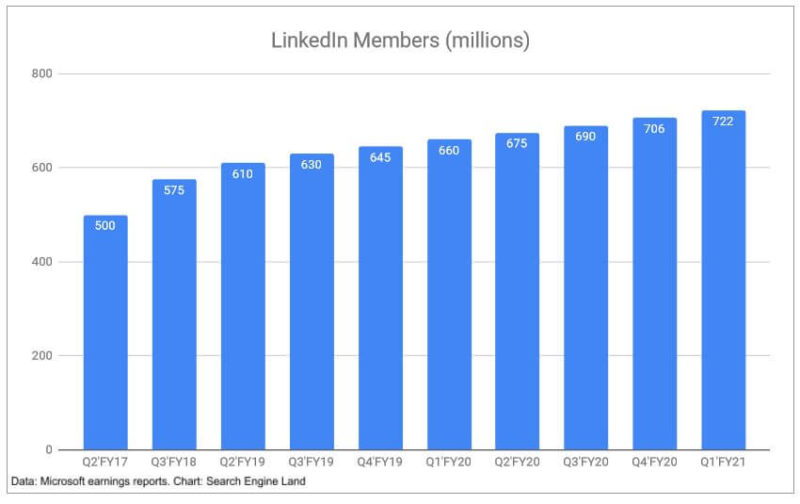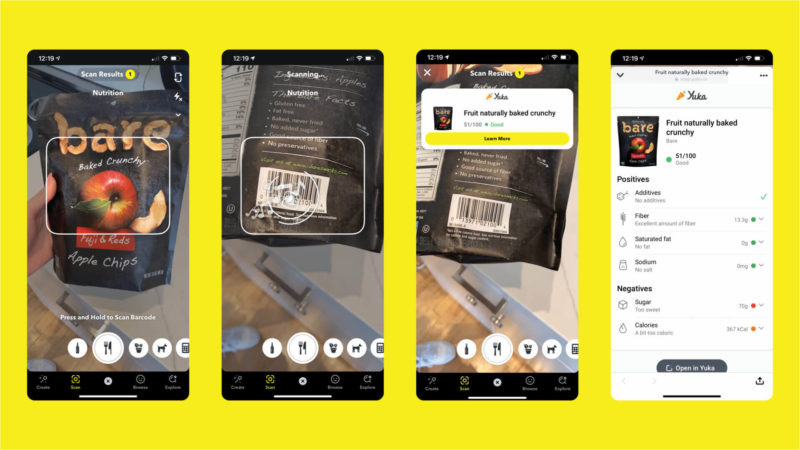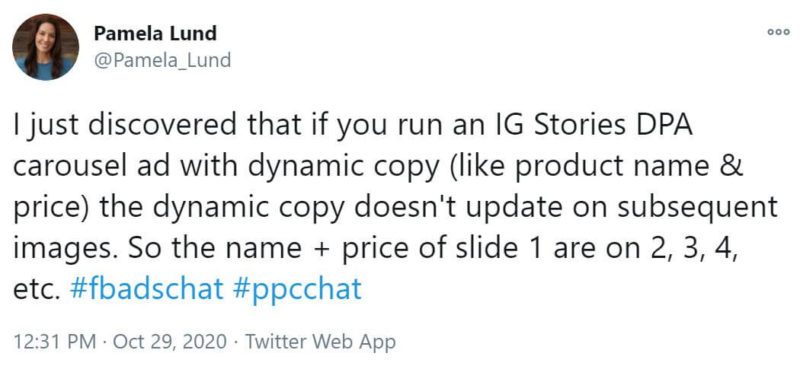
TikTok jumps into social commerce with Shopify
TikTok’s advertising division TikTok for Business announced a global integration with Shopify Tuesday that makes it easy for Shopify merchants to promote their products on the short-form video social network. The two companies also announced #ShopBlack to amplify Black-owned Shopify merchants on TikTok.
Why we care. This marks the first major commerce integration for TikTok and opens up its ad business to Shopify’s 1 million-plus merchants. Merchants can manage their campaigns from their Shopify dashboards and TikTok is offering a $300 ad credit to eligible merchants.
Shopify already has integrations with many search and social ad platforms, including Facebook, Snapchat, Pinterest, Microsoft Advertising and Google.
E-commerce advertisers reign on Facebook
Online commerce represents Facebook’s largest advertising vertical. The significant shift from offline to online shopping during the pandemic also led to a surge in advertising demand on the platform, Facebook said in reporting third-quarter earnings last week. Total ad revenue for Q3 reached $21.2 billion, up 22% year-over-year in Q3, and there are now more than 10 million advertisers on the platform.
Why we care. Facebook’s investments in social commerce features for SMBs, in particular, over the past couple of years helped put it in an ideal position to capitalize on the accelerating shift to online shopping. The company also fast-tracked and expanded several efforts, including Facebook and Instagram Shops, Instagram Checkout, and the Facebook Shop tab, since the pandemic. Facebook apps can now play a role in the customer journey all the way from discovery to purchase, all while keeping users on the platform.
Expect to see messaging play a bigger role. “I think the goal is to build out a commerce platform around messaging with all of the tools starting with Facebook Shops, which we’ve already announced will be coming to WhatsApp and Messenger,” CEO Mark Zuckerberg said in response to a question on the earnings call.
LinkedIn members reach 722 million, up 9% YoY

The number of users on LinkedIn increased 9% again year-over-year to 722 million in the third quarter, Microsoft reported this week. LinkedIn revenue increased by 16% and sessions rose 31% year-over-year.
Why we care. LinkedIn’s “membership” continues to tick up steadily. Microsoft said LinkedIn saw “record levels of engagement” again last quarter and that revenue growth was “significantly ahead of expectations” as the advertising environment improved. That marks a recovery from the previous quarter when LinkedIn revenue growth was hurt by a weak job market and cuts to advertising spend amid the pandemic, the company said.
Snapchat extends visual search to packaged foods, wine

Snapchat users can now use their Snap cameras to find nutrition information of one million packaged food products and more than 12 million types of wine labels. Nutrition Scanner and Wine Scanner are powered by Yuka and Vivino, respectively, the newest partners of Snap’s AR developer platform Scan. Other partnerships allow users to look up products on Amazon, identify songs, dog breeds, plants, solve math equations and more.
Why we care. The new tools — and Scan generally — are aimed at increasing user engagement with the app by adding utility to its camera. Visual search isn’t unique to Snapchat of course — Google, Bing and Pinterest all have lens technology — but Scan is unique in its partnership approach.
A heads up for Instagram e-commerce advertisers
Beware, if you’re looking to run dynamic product ad (DPA) carousels in Instagram Stories, all of the products in the carousel will show the product name AND price of the product that appears in the first image, e-commerce marketing pro Pamela Lund noticed.

Why we care. This might be a minor issue in many cases — similar products with similar pricing — but it posed a problem in Lund’s case. She was looking to advertise high-priced products in order to build a retargeting list of higher value customers. That’s not going to work “if the wrong price + product name is displayed with a different product image,” she noted.
This story first appeared on Search Engine Land.
